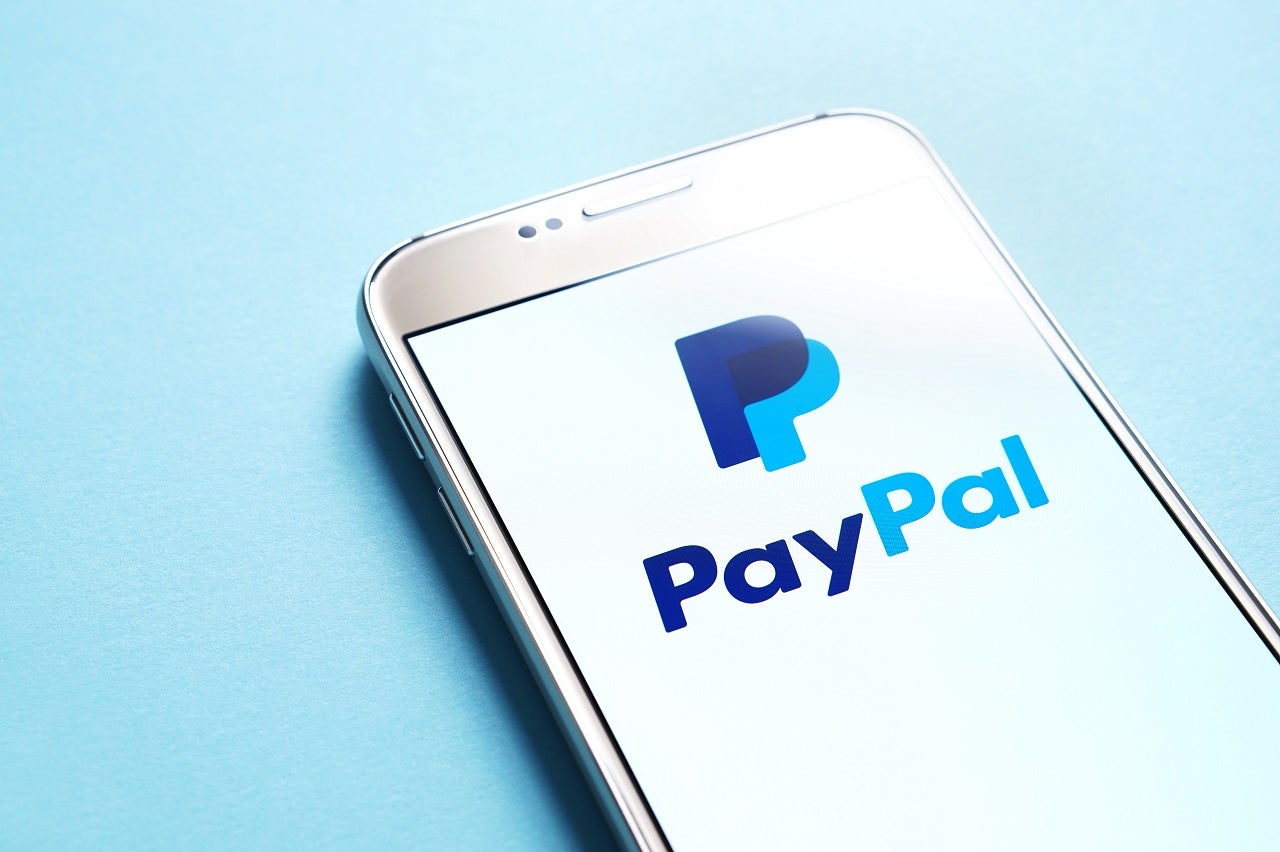PayPal’s 2021 fourth-quarter earnings release has underwhelmed investors with slower-than-expected growth and unmet targets. As a result, PayPal shares tumbled in the company’s worst-ever daily performance. Executives attributed much of the blame to the pernicious macroeconomic environment, but the strength of its competitors in the ever-crowded fintech space is the most likely cause.
PayPal is just the latest example of a company that rode the crest of the Covid-19 wave but is now coming back down to Earth as the world opens back up and e-commerce is no longer the only option available to consumers. It is not alone, and we have seen similar declines with the likes of Netflix and Peloton.
PayPal’s executives also pointed the finger at the host of macroeconomic crises hiking up costs and shipping times for businesses worldwide, including inflation and supply-chain meltdowns. However, this does not explain why PayPal has fared so much worse than others in the digital payments and mobile wallets space such as Klarna and Visa.
Times have changed, leaving PayPal behind
PayPal is an online payments veteran and once ruled the roost, catalyzed by its partnership with e-commerce giant eBay. However, their split hit PayPal’s revenues hard. Quite simply, eBay does not need PayPal anymore, thanks to open banking – where banks open up data for regulated providers to access. Giving third parties access to banks’ infrastructure has been an important step in shifting the ownership of customer data from traditional banks to the customer. Unfortunately for PayPal, it has also meant that eBay can safely manage its own transactions.
PayPal also knows that it is facing strong competition from fintech disruptors, hence it has revised its strategy of attracting new users to one of retaining its existing users. It has been innovating with offerings such as ‘Pay in 3’, to jump on the ‘Buy Now, Pay Later’ bandwagon, as well as a cryptocurrency service.
However, PayPal is very much the old horse in the stable. This innovation is an attempt to keep up with its younger and flashier competitors—the likes of Klarna, Revolut, and Square—which are already focusing on these areas as part of their brand and core offerings. It is Klarna, not PayPal, that is the face of the emerging ‘Buy Now, Pay Later’ trend, and this is the company that the younger generations are flocking to.

US Tariffs are shifting - will you react or anticipate?
Don’t let policy changes catch you off guard. Stay proactive with real-time data and expert analysis.
By GlobalDataThe results of PayPal’s earnings call and its poor market performance suggest that the platform is past its prime and is right to shift its focus away from collecting new users, and instead concentrate on retaining its loyal ones.









